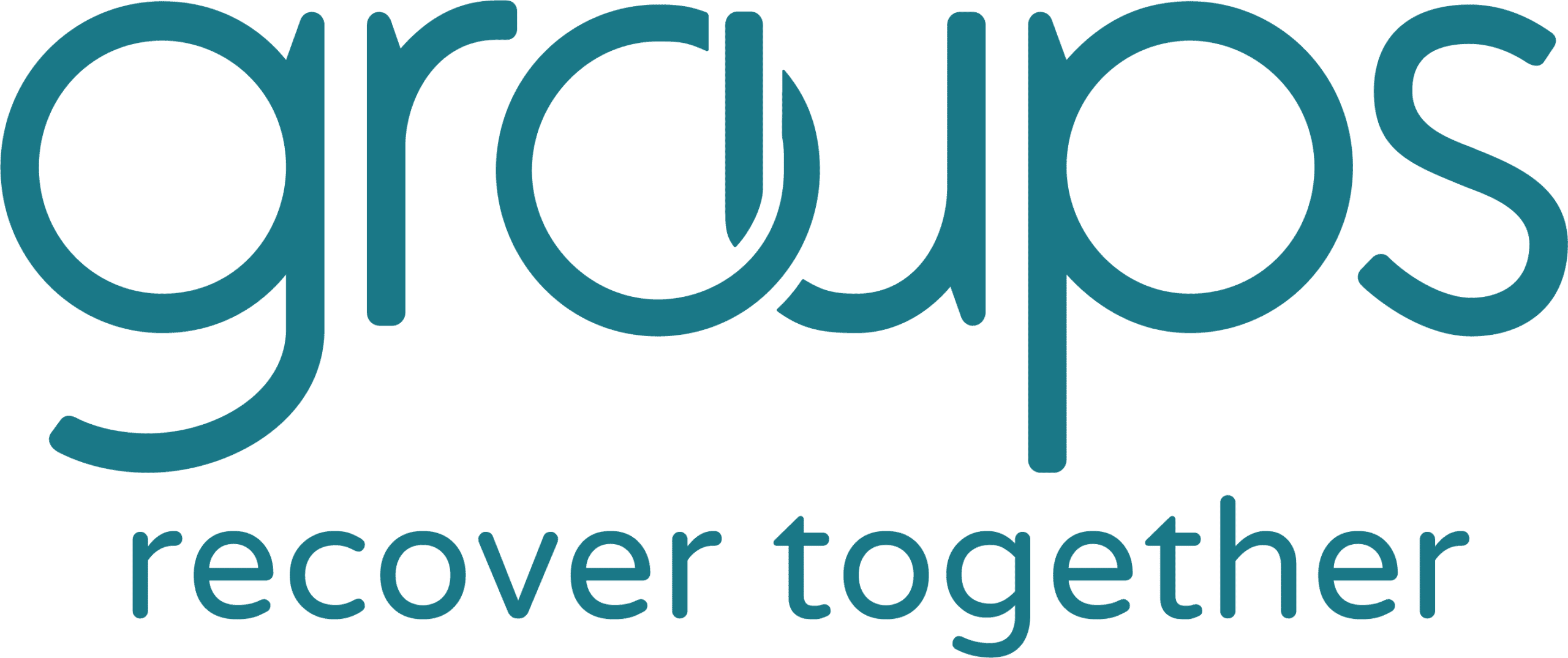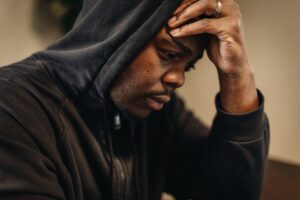Recovering from opioid addiction can be one of the toughest journeys someone will ever face. However, no one has to go through it alone. Group therapy is an important and effective part of opioid addiction recovery. It provides a safe and supportive place for people to share their experiences, learn from others and develop coping skills. There are many different activities used during group therapy sessions, each designed to help people heal, grow and develop new ways of thinking.
What is group therapy?
Group therapy involves a small group of people who meet regularly with a therapist or counselor to talk about their experiences and work through challenges together. In opioid addiction recovery, group therapy is a safe and supportive environment where members can talk openly about issues, learn from others, and practice important skills.
Group therapy is an important part of opioid addiction recovery because it helps people understand that they’re not alone. Addiction can be a very isolating experience, and many people may feel shame or guilt about their substance use. In group therapy, members can realize that others share the same challenges, which can provide comfort and minimize feelings of isolation. It can also give them the chance to hear success stories, which can be very motivating.
During group therapy for opioid addiction recovery, a wide range of activities can be used to help members do the following:
- Explore their feelings
- Develop healthy coping skills
- Build strong connections with others
Group therapy activities aren’t just about talking. These activities are designed to help encourage participation, engagement and personal growth.
5 group therapy activities
Group therapy sessions for opioid addiction recovery can cover a wide range of topics, each designed to help people understand their addiction and work toward recovery. Some topics include:
- Triggers — Group members can talk about their personal triggers. These triggers may be situations or emotions that led them to use opioids. Talking about triggers can help group members learn effective strategies for avoiding or coping with these triggers.
- Anger management — People in recovery may experience anger. Group therapy offers tools for managing negative emotions in healthy ways.
- Trauma — In many cases, individuals experiencing opioid addiction have also experienced past trauma. Group therapy is a safe and supportive space to process these experiences.
- Craving coping — Group members can learn techniques that can help them cope with their cravings, such as:
- Mindfulness
- Physical activity
- Self-care practices
- Stress management — Discussions during group can focus on developing healthy ways to reduce stress. Stress can be a common trigger for opioid use.
- Forgiveness — Addiction can be damaging to relationships. Learning to forgive oneself and others is an essential part of healing.
- Conflict resolution — Group therapy can help members build skills to handle conflicts in healthy ways. These skills can lower the likelihood of turning to opioids as a way to cope.
Group therapy topics can be used in a variety of activities to engage members and promote healing. These activities may include:
- Group problem-solving — The group works together to come up with solutions to common challenges. These challenges may include how to manage cravings or repair a relationship.
- Personal story sharing — Group members can take turns sharing their experiences with addiction, which can help build trust within the group and reduce feelings of isolation.
- Creative expression — Art therapy can help group members express their feelings through drawing or painting, providing the group with a different way to process their emotions.
- Exercises in role-playing — During role-playing, group members have the chance to practice handling real-life situations, such as being offered opioids or dealing with stress, in a safe environment. This can help build confidence and prepare group members for potential future challenges.
- Mindfulness exercises — Mindfulness exercises can help group members stay present and focused. This can help when managing cravings and stress.
The benefits of group therapy in opioid addiction recovery
Group therapy offers many benefits for people recovering from opioid addiction. It helps create a strong sense of community, which is vital for people experiencing addiction. Members of the group can develop deep bonds with each other that can provide emotional support and encouragement.
Group therapy can also help people build their social and communication skills. Addiction can damage relationships, and group therapy gives members a chance to practice rebuilding trust and learn how to communicate in healthy ways. It also provides social connection for individuals who are often very socially isolated.
Group therapy also offers space for accountability. When group members share their goals with the group, they’re more likely to stay committed to their recovery. This commitment is because they don’t want to let themselves or their group down. It’s a powerful motivator to know that others are rooting for your success.
Group therapy also provides a place to learn and grow. Members are constantly learning new coping skills, learning about their behaviors and getting support to help them make lasting changes.
At Groups, you don’t have to recover alone
At Groups, we believe everyone deserves a chance to save their life. Through group therapy, we provide a safe and supportive environment where people can connect, share and heal alongside others on the same journey. Our program is built on the belief that recovery is possible for everyone. We provide evidence-based medicine, group therapy, and support to find housing, jobs, health care, and more. We’re here to offer the guidance and care needed to make that recovery happen. With our compassionate approach and commitment to helping people succeed, we empower people to overcome opioid addiction and take control of their future.
Give our Recovery Support Specialists a call today for more information or to begin your recovery.




